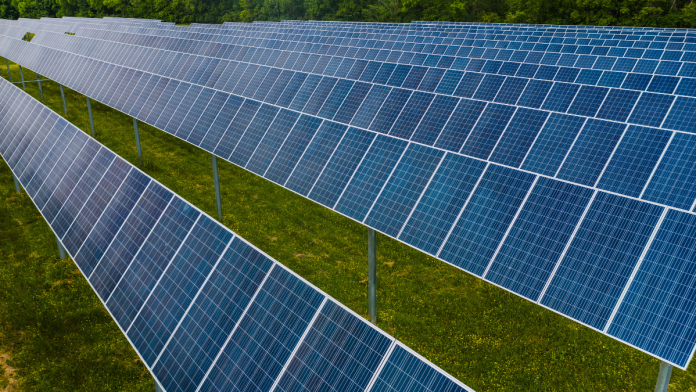Generation

South Africa’s Energy Landscape Set for Major Transformation in 2025

Amid growing global emphasis on sustainability, the country faces the complex task of balancing legacy infrastructure, increasing energy demand, and opportunities for renewable energy solutions such as solar power and battery energy storage systems (BESS).
Regulatory Developments: Balancing Progress and Challenges
The South African government has revised its Integrated Resource Plan (IRP), setting the course for electricity supply until 2050. The updated plan emphasizes a diversified energy mix, incorporating coal, renewables, and gas, while addressing grid constraints and the decommissioning of coal units. Stakeholders are pressing for certainty, as the IRP2019 is widely considered outdated.
Initiatives such as the Renewable Energy Independent Power Producer Procurement Programme (REIPPPP) and amendments to the Electricity Regulation Act—raising the licensing threshold for embedded generation from 1 MW to 100 MW—signal progress toward decentralization. However, execution remains a concern.
“While there are positive legislative movements, translating policy into sustained action will require significant investment in infrastructure, efficient processes, and grid capacity,” said Claude Peters, Managing Director of RenEnergy Africa. Peters also highlighted financial risks, including the potential impact of high fixed electricity costs and complex wheeling charges on renewable energy investments.
Key Developments in Renewable Energy
Solar Energy Gains Momentum
With abundant solar resources and declining photovoltaic (PV) system costs, solar energy remains central to South Africa’s renewable energy strategy. The 12B tax benefit continues to incentivize commercial and industrial solar projects, while solar carports and rooftop installations gain traction in sectors such as agriculture, retail, and manufacturing.
Expansion of Battery Energy Storage Systems (BESS)
Advancements in battery technology and reduced costs are driving the adoption of BESS. These systems provide cost savings through time-of-use arbitrage and ensure consistent power during grid outages caused by aging infrastructure and maintenance issues. The combination of solar PV and BESS creates a robust energy solution.
Electric Vehicles (EVs) and Energy Demand
Although still in its early stages, EV adoption is expected to grow. Policies supporting EV integration, such as tax rebates and subsidies announced by President Cyril Ramaphosa, along with Cape Town’s plans for dedicated EV taxi lanes, signal a shift in urban transport. However, this growth raises concerns about increased electricity demand and grid capacity, necessitating renewable energy deployment to support the transition.
Decarbonization and Net Zero Targets
South Africa’s decarbonization efforts are driven by international commitments under the Paris Agreement and private-sector initiatives. Companies are setting net zero targets to meet global sustainability standards and maintain competitiveness, aligning with both national goals and customer expectations.
Challenges and Opportunities
Despite opportunities, challenges such as grid instability, bureaucratic inefficiencies, and slow policy implementation persist. However, these obstacles are spurring innovation, with businesses turning to decentralized energy solutions.
RenEnergy, a leader in renewable energy solutions, offers expertise in solar PV systems, BESS, and EV charging infrastructure. “Our operations in South Africa and the UK enable us to address local challenges with global insights,” said Christine Bombal, RenEnergy’s international brand and marketing manager.
RenEnergy’s acquisition by Aggreko in 2023 further solidifies its position, providing access to additional resources and expertise. “With over 12 years of experience, we ensure our clients achieve reliable, future-fit energy strategies,” Bombal added.
As South Africa navigates its energy transition, partnerships with innovative solution providers like RenEnergy will be critical in shaping a sustainable and resilient energy future.












